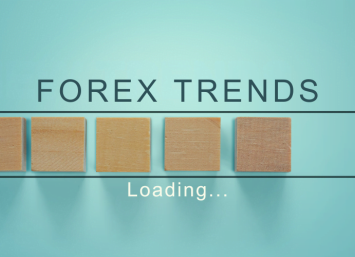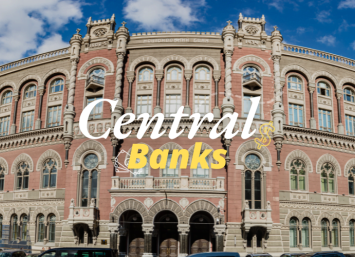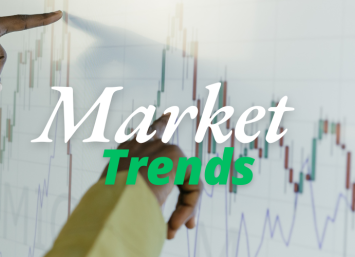The Impact of Geopolitical Events on Forex Markets
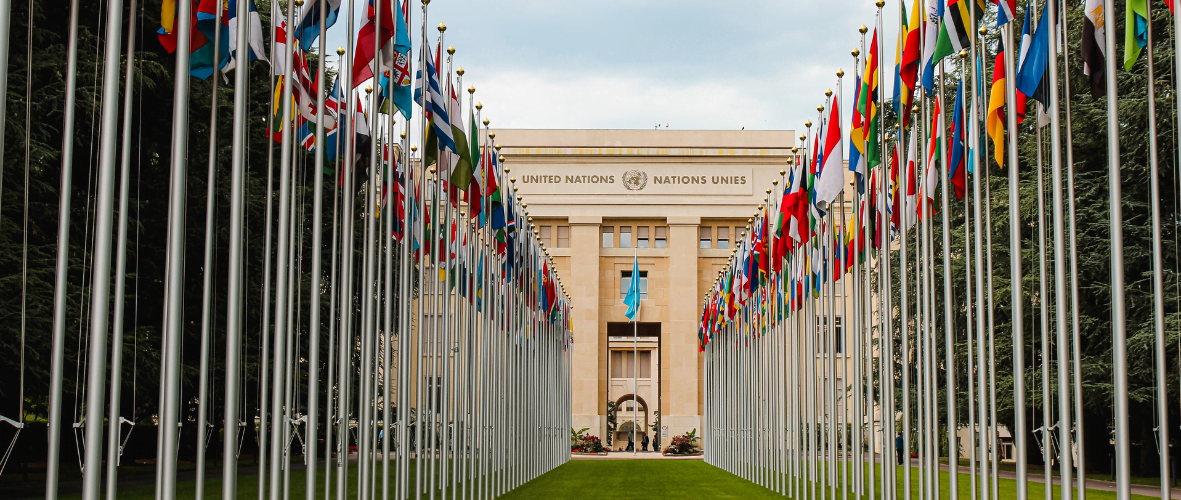
Imagine waking up to news of a sudden political crisis, a trade war escalation, or a natural disaster. Within minutes, the forex market is in chaos, with currency values swinging wildly. Why does this happen? The answer lies in the intricate relationship between geopolitical events and forex markets.
Forex trading isn’t just about numbers and charts; it’s about understanding the world around us. From elections and wars to pandemics and trade disputes, geopolitical events have the power to move markets in ways that can either make or break a trader’s portfolio. In this article, we’ll dive deep into how these events impact forex markets, share actionable strategies, and help you stay ahead of the curve.
What Are Geopolitical Events?
Geopolitical events are occurrences that influence the political and economic stability of nations or regions. These events can be planned, like elections, or unexpected, like natural disasters or military conflicts. They often create uncertainty, which is the arch-nemesis of financial markets.
Examples of Geopolitical Events:
- Elections and political transitions
- Trade wars and tariffs
- Military conflicts and terrorism
- Pandemics and natural disasters
When these events unfold, they send ripples through the global economy, and forex markets are often the first to react.
How Geopolitical Events Influence Forex Markets
1. Political Stability and Currency Value
Political stability is like the foundation of a house—if it’s shaky, the whole structure is at risk. When a country faces political turmoil, such as a coup or a controversial election, investors tend to panic. This leads to capital flight, where money is moved to safer assets, causing the local currency to plummet.
Real-Life Example:
The Brexit referendum in 2016 sent shockwaves through the forex market. The British pound (GBP) dropped from 1.50 to 1.32 against the U.S. dollar in a single day. The uncertainty surrounding the UK’s exit from the EU kept the pound under pressure for years.
2. Trade Wars and Economic Policies
Trade wars are like a game of chess—every move has consequences. When countries impose tariffs or sanctions, it disrupts global trade and impacts economic growth. Currencies of nations involved in such disputes often face volatility as traders react to the changing landscape.
Real-Life Example:
During the U.S.-China trade war, the Chinese yuan (CNY) experienced significant fluctuations. As tariffs piled up, the yuan weakened, reflecting the strain on China’s export-driven economy.
3. Military Conflicts and Safe-Haven Currencies
Military conflicts are the ultimate disruptors. They create uncertainty, prompting investors to seek safe-haven currencies like the U.S. dollar (USD), Swiss franc (CHF), and Japanese yen (JPY). These currencies tend to appreciate during crises, while those of conflict-affected nations often depreciate.
Real-Life Example:
The Russian ruble (RUB) lost nearly 50% of its value against the U.S. dollar in the weeks following the Russia-Ukraine conflict in 2022. Sanctions and economic instability played a significant role in this decline.
4. Pandemics and Global Economic Shocks
Pandemics are like a storm that no one saw coming. They disrupt economies, force central banks to act, and lead to currency volatility. During such times, traders often flock to safe-haven assets, while emerging market currencies face sharp declines.
Real-Life Example:
The COVID-19 pandemic caused the U.S. dollar to surge initially as investors sought safety. Meanwhile, emerging market currencies like the Brazilian real (BRL) and South African rand (ZAR) faced significant pressure.
Key Strategies for Trading Forex During Geopolitical Events
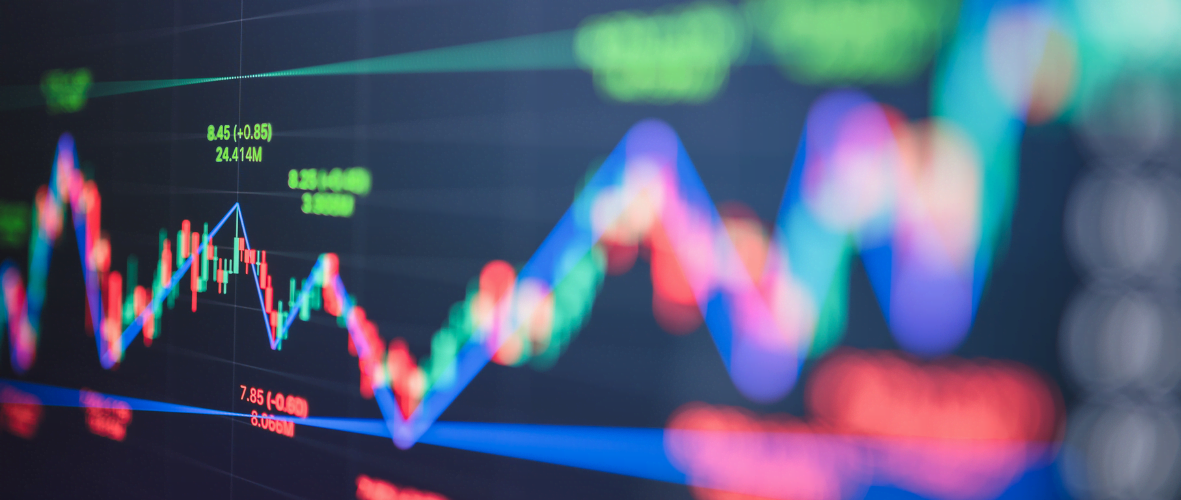
1. Stay Informed and Monitor News
Knowledge is power in forex trading. Keep an eye on global news and economic calendars to stay ahead of events that could impact the markets.
2. Diversify Your Portfolio
Don’t put all your eggs in one basket. Diversify your trades across major, minor, and exotic currencies to spread your risk.
3. Use Safe-Haven Assets
When uncertainty strikes, safe-haven currencies like the USD, CHF, and JPY can be your best friends. Allocate a portion of your portfolio to these assets during turbulent times.
4. Leverage Technical and Fundamental Analysis
Combine technical analysis (charts, indicators) with fundamental analysis (economic data, news) to make informed trading decisions.
5. Manage Risk with Stop-Loss Orders
Geopolitical events can cause sudden market swings. Use stop-loss orders to limit potential losses and protect your capital.
The Role of Central Banks During Geopolitical Crises
Central banks are like the firefighters of the financial world. During geopolitical events, they step in to stabilize currencies and economies. This can involve adjusting interest rates, implementing quantitative easing, or intervening directly in forex markets.
Example:
During the COVID-19 pandemic, the European Central Bank (ECB) rolled out stimulus measures to support the eurozone economy and stabilize the euro (EUR).
Real-Life Examples of Geopolitical Events Impacting Forex Markets
1. Brexit and the British Pound
The Brexit referendum in 2016 caused the GBP/USD pair to drop from 1.50 to 1.32 in a single day. The uncertainty surrounding the UK’s exit from the EU kept the pound under pressure for years.
2. U.S.-China Trade War
The imposition of tariffs by the U.S. and China led to significant volatility in the USD/CNY pair, with the yuan weakening as trade tensions escalated.
3. Russia-Ukraine Conflict
The Russian ruble lost nearly 50% of its value against the U.S. dollar in the weeks following the invasion of Ukraine in 2022, highlighting the impact of military conflicts on forex markets.
Conclusion
Geopolitical events are an unavoidable part of the global landscape, and their impact on forex markets is profound. By staying informed, diversifying your portfolio, and employing sound risk management strategies, you can navigate these challenges and capitalize on opportunities.
Remember, forex trading isn’t just about numbers—it’s about understanding the world around you. So, the next time you hear about a major geopolitical event, ask yourself: How will this impact the markets, and what can I do to stay ahead?
FAQs
1. How do geopolitical events affect forex markets?
Geopolitical events create uncertainty, which can lead to currency volatility. Investors often move their money to safer assets, causing affected currencies to depreciate.
2. What are safe-haven currencies?
Safe-haven currencies, like the U.S. dollar (USD), Swiss franc (CHF), and Japanese yen (JPY), tend to appreciate during times of crisis as investors seek stability.
3. How can I protect my forex portfolio during geopolitical crises?
Diversify your portfolio, use stop-loss orders, and allocate a portion of your investments to safe-haven assets.
4. What role do central banks play during geopolitical events?
Central banks stabilize currencies by adjusting interest rates, implementing quantitative easing, or intervening directly in forex markets.
5. Can I profit from forex trading during geopolitical events?
Yes, but it requires careful analysis, risk management, and staying informed about global developments.
